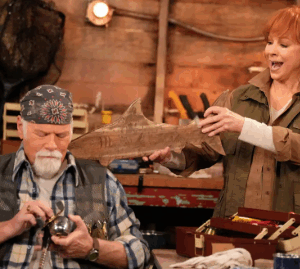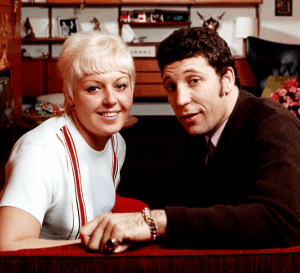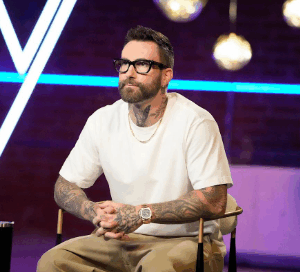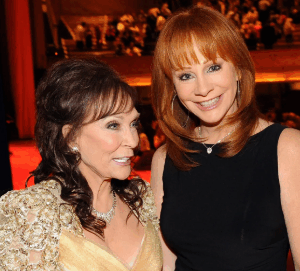Ana Navarro is facing heavy backlash from her co-hosts after making a “crazy” remark about the Duchess of Sussex: “Let’s not talk about her skin color…”
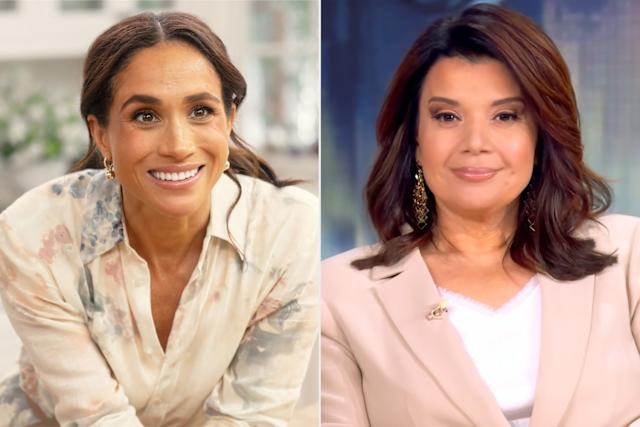
Image: Getty Images
Ana Navarro, a well-known co-host of ABC’s “The View,” is currently in the spotlight following her controversial remarks about Meghan Markle during a recent episode. In a discussion inspired by Women’s History Month, the conversation shifted towards the media coverage and perceptions of Markle, particularly after comments from Gwyneth Paltrow that questioned Markle’s status as a lifestyle influencer. Paltrow’s statements aimed to pivot the focus towards supporting women rather than viewing them as rivals, prompting Navarro to take a bold stance on the issue.
The Context of Navarro’s Remarks
The segment started when Joy Behar brought up Paltrow’s thoughts on Markle, suggesting that the Duchess had begun to overshadow her reputation. Paltrow responded by advocating for solidarity among women, effectively dismissing the idea of rivalry. However, Navarro challenged this narrative by asking why discussions about competition seem to surface primarily regarding women, stating, “What men get asked that?” This questioning brought to light a significant point about societal expectations surrounding women in media and public life.
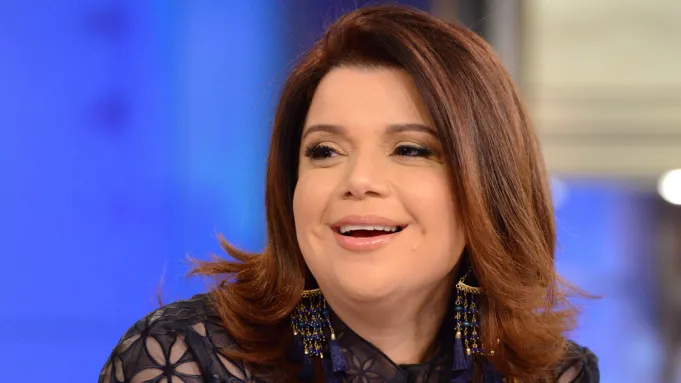
Image: Getty Images
Navarro continued by asserting that the media often perpetuates unnecessary tension among women, thereby creating a false narrative of competition. Sara Haines, another co-host, supported Navarro’s remark, emphasizing that there is a clear distinction between empowering women and those who might undermine them. Sunny Hostin also added her perspective, agreeing that secure women, like Markle, generally do not view each other as competition, which adds to the complexity of the dialogue.
The Backlash and Its Implications
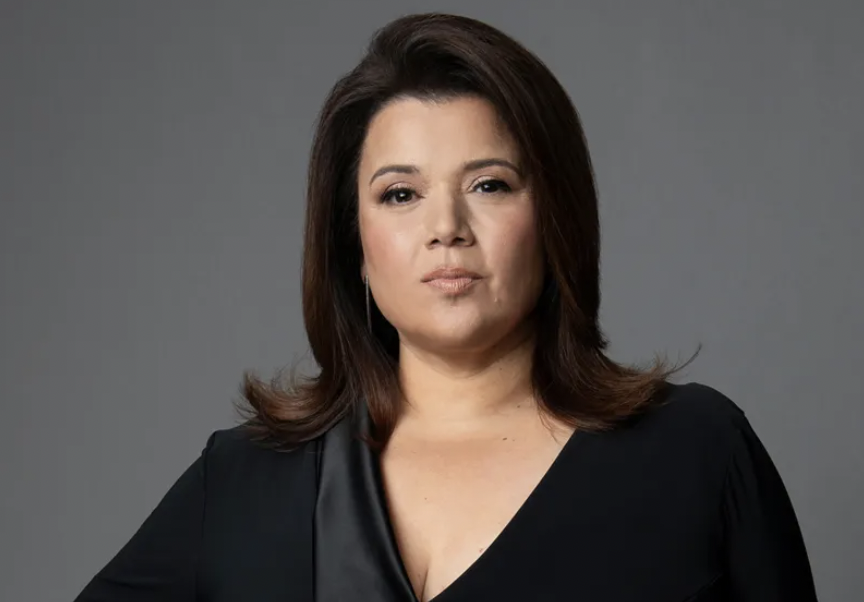
Image: Getty Images
As the conversation evolved, Navarro remarked on the intense media scrutiny surrounding Markle, which she described as a mixed bag of admiration and indifference. She conveyed a sense of ambivalence regarding the Duchess’s controversies, positioning herself as someone who neither fervently supports nor opposes Markle. This stance, however, did little to quell the backlash, as co-hosts pushed back against the framing that seemed dismissive of the deeper issues at hand.
A Broader Discussion on Gender and Race
Navarro’s comments have brought forward a broader dialogue about how race and gender are often intertwined in media narratives. Meghan Markle’s experience serves as a critical case study on how female public figures, particularly women of color, are discussed within the media landscape. The backlash against Navarro not only highlights individual opinions but also reflects a collective consciousness about sensitivity in discussions of race and gender.
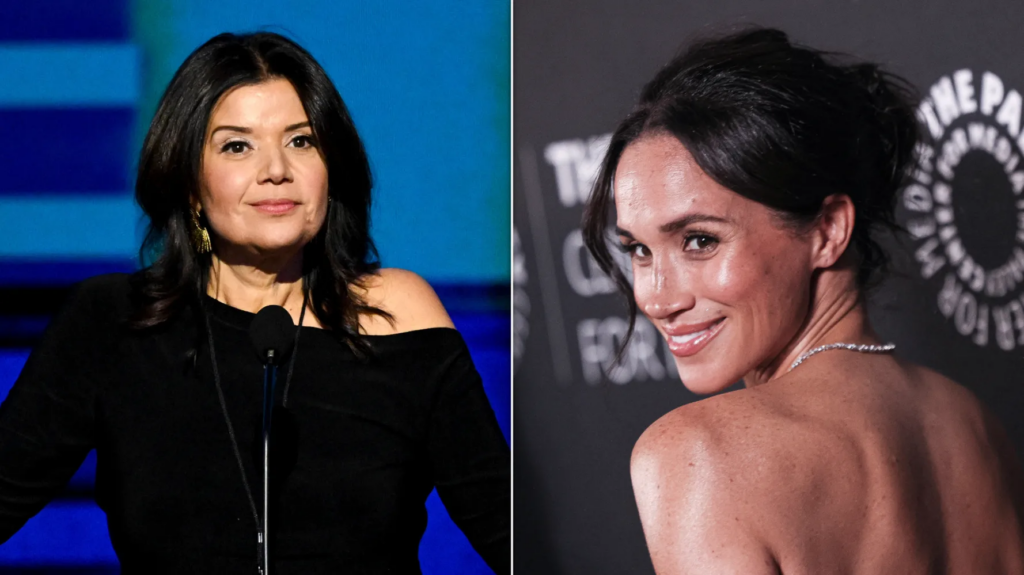
Image: Getty Images
Many advocates for diversity have highlighted the importance of framing conversations in a way that acknowledges these intersections. The discussion about Markle is not merely about her individual actions or personality; it signifies larger societal issues regarding race, privilege, and the expectations placed on women, especially women of color. As Navarro navigates her own comments and the backlash they’ve elicited, it is clear that the conversation surrounding Markle is far from over.
In light of these discussions, it’s important for viewers and commentators alike to engage in constructive dialogues that seek to uplift rather than tear down. Women in the public sphere should aim to support each other, fostering a community of empowerment amid the challenges posed by societal narratives.
The Future of Conversations About Meghan Markle
As the media continues to pursue Meghan Markle’s story, the conversations sparked by Navarro’s remarks will likely remain relevant. The discourse around female rivalry, race, and empowerment will persist, inviting further examination and dialogue. It is an evolving situation that beckons a deeper understanding of the delicate interplay between various societal dynamics that influence how women are perceived and discussed in public forums.
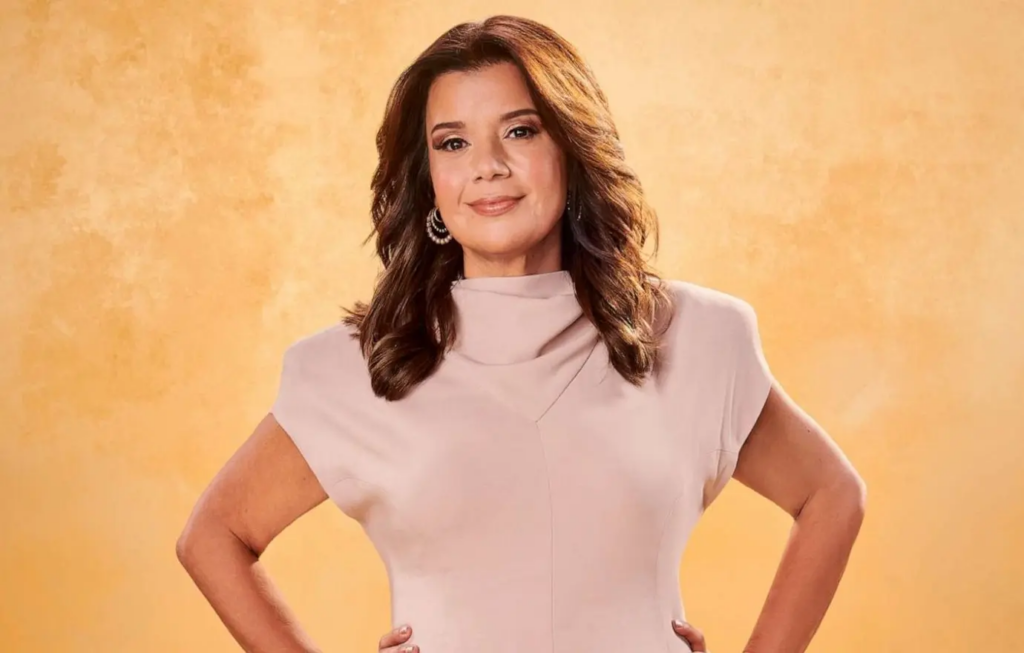
Image: Getty Images
As we move forward, let’s encourage nuanced conversations that recognize the intersectionality in public narratives, whether related to Markle or other figures in similar situations. Encouraging open dialogues could eventually pave the way for healthier representations of women across the media landscape.
For more insights and commentary on media narratives and women’s empowerment, feel free to share your thoughts and follow ongoing discussions on platforms that prioritize inclusivity and understanding.

